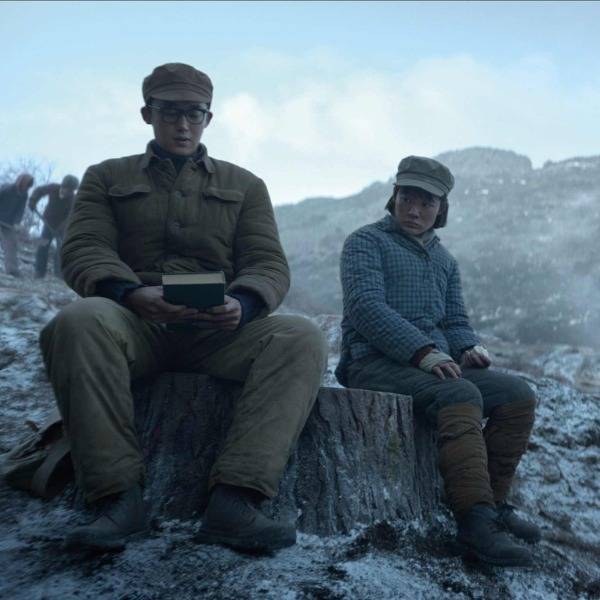
Seven Years by Peter Stamm (Granta)
“From the very outset, Ivona was disagreeable to me.” The voice is Alex, narrator of Peter Stamm’s novel Seven Years. Ivona is a young Polish woman he encounters in a beer garden in Munich, his home town, while he is completing his postgraduate studies in architecture. Pages of Seven Years are taken up with Alex’s unflattering assessments of Ivona, who is (in his view) unattractive, simple, dull, tasteless, needy and inhibited. Much more appealing is Sonia, Alex’s friend, then lover, then wife: she is beautiful, urbane, talented and kind-hearted. “Sonia was the absolute opposite of Ivona. She was lovely and smart and talkative and charming and sure of herself.”
And yet plain, passive Ivona manages to sink a harpoon deep in Alex’s psyche – he needs her, and embarks on a series of grim little liaisons with her. When his marriage hits its seventh anniversary, triggering the renowned “itch”, it’s Ivona who gets used by Alex to scratch it. She is able to reach some unspeakable atavism within him that the rest of his highbrow architect lifestyle doesn’t touch, “a warm, dark sensation, a kind of overwhelming safety.”
Fans of the likeable narrator – and to judge by Amazon reviews in general, there are a lot of them – will not warm to Alex. He is a pillock, and behaves deplorably for much of Seven Years. He only approaches Ivona because of the taunts of his friends, and their invitation to her to join their group is in turn their way of mocking her. Their relationship is a collage of lust without affection and bouts of abandonment. And Alex behaves little better with women he regards as human beings – his way of making a move on Sonia is to photograph her sleeping.
Astonishingly, this pick-up strategy works. Indeed, throughout Seven Years, behaviour from Alex that is at its best thoughtless is rewarded by little but devotion and patience from two blameless and long-suffering women. Even when Alex intervenes for the better in Ivona’s life, he does so not out of fondness or humanitarian impulse, but because “Ivona belonged to me, and my looking after her in that way was the justification of my claims of ownership.” She represents something to him; nothing so trite as salvation, but some clue as to why he is ill at ease with both his sharp middle-class friends and the common people who use – take over – the buildings he makes, subject of one of the finest passages in Seven Years.
But Alex is resolutely human, with all those flaws, and his bafflement at his own inner mysteries is a powerful human tragedy. Stamm’s writing, translated by Michael Hofmann, has a lightness of touch throughout that well supports its potent content, and stops it straying into melodrama. Seven Years is also very witty, particularly in relation to some well-drawn marginal characters, such as deranged vet Jakob and nationalist hygiene-freak Tania. And just when you think you’re enjoying a nice middle-class comedy of manners, it torpedoes you deep below the emotional water line. It is a lean, powerful, beautiful book.

